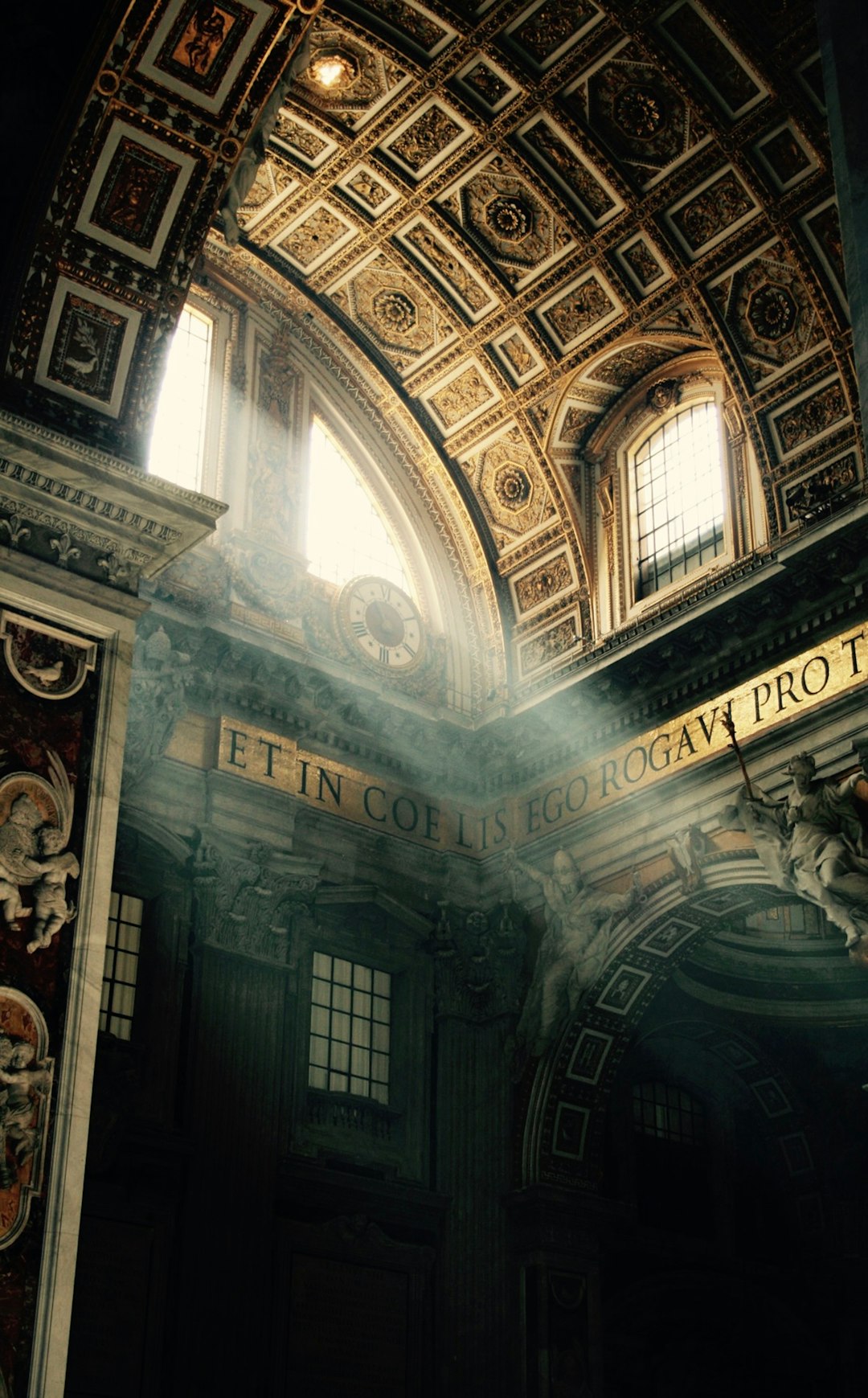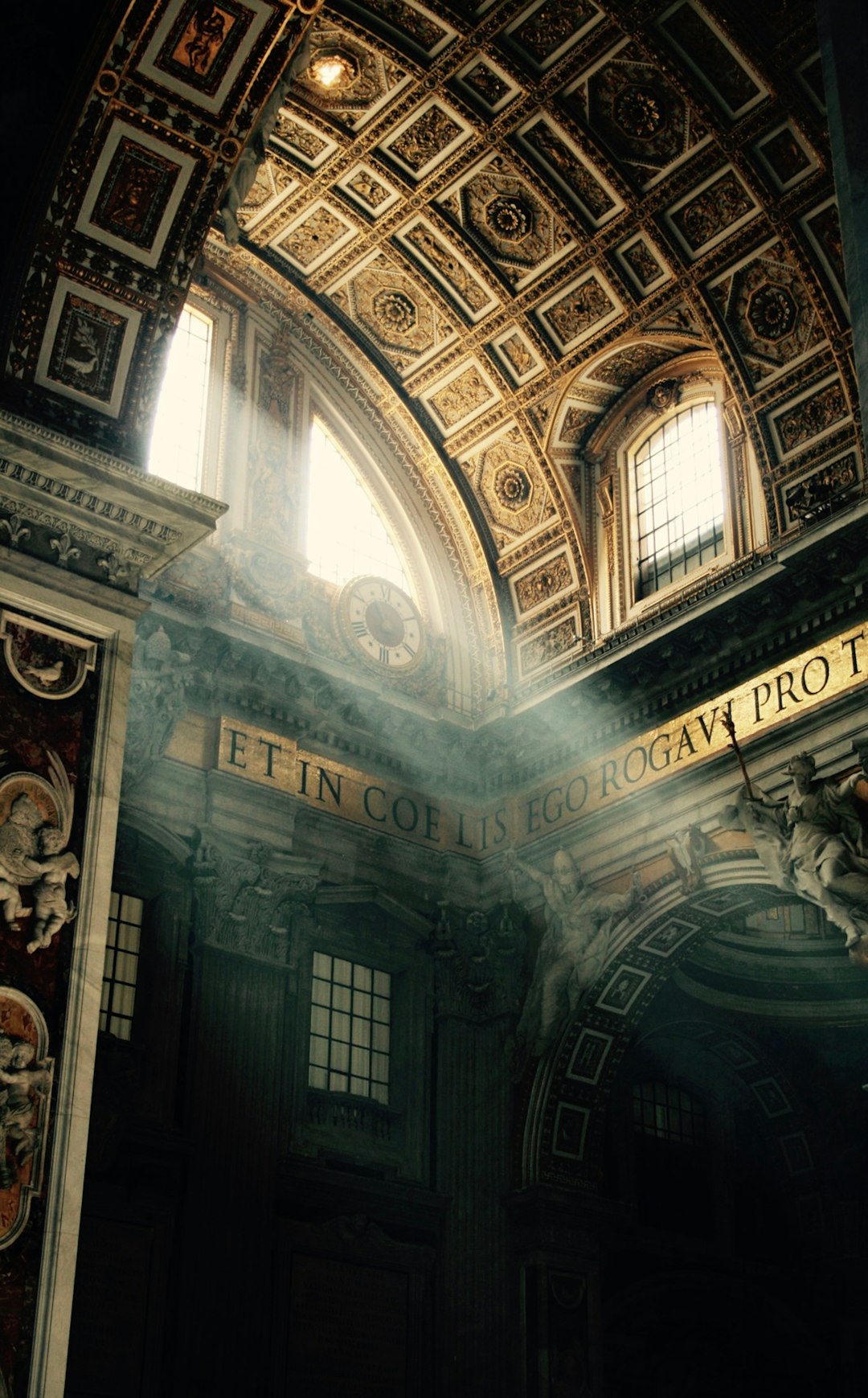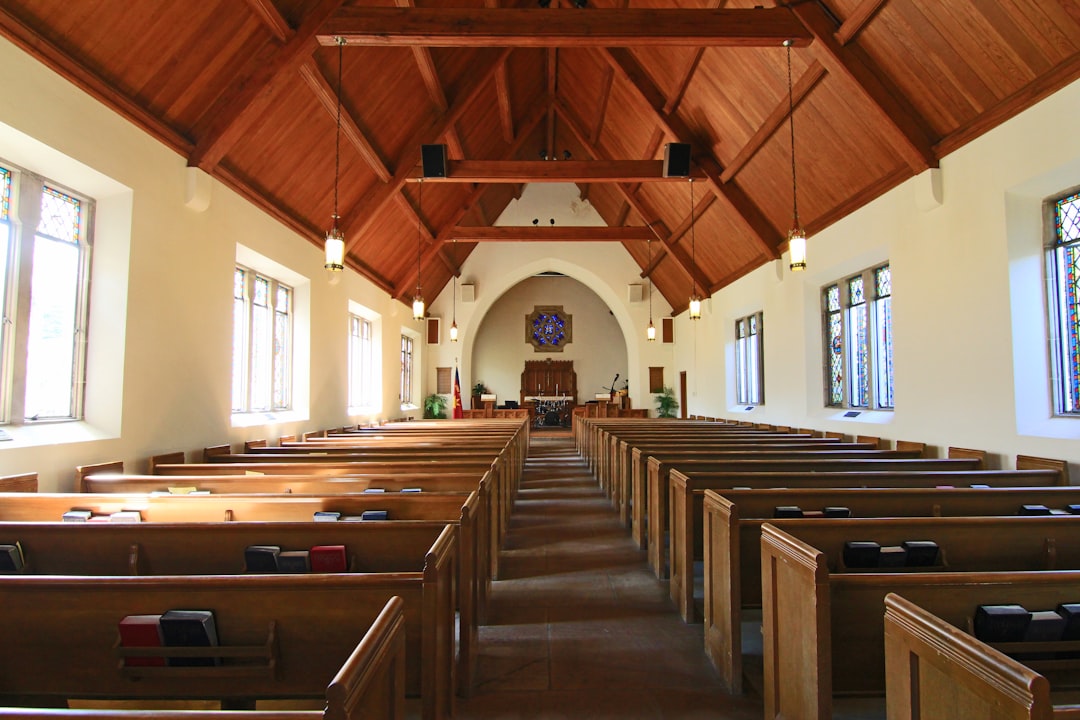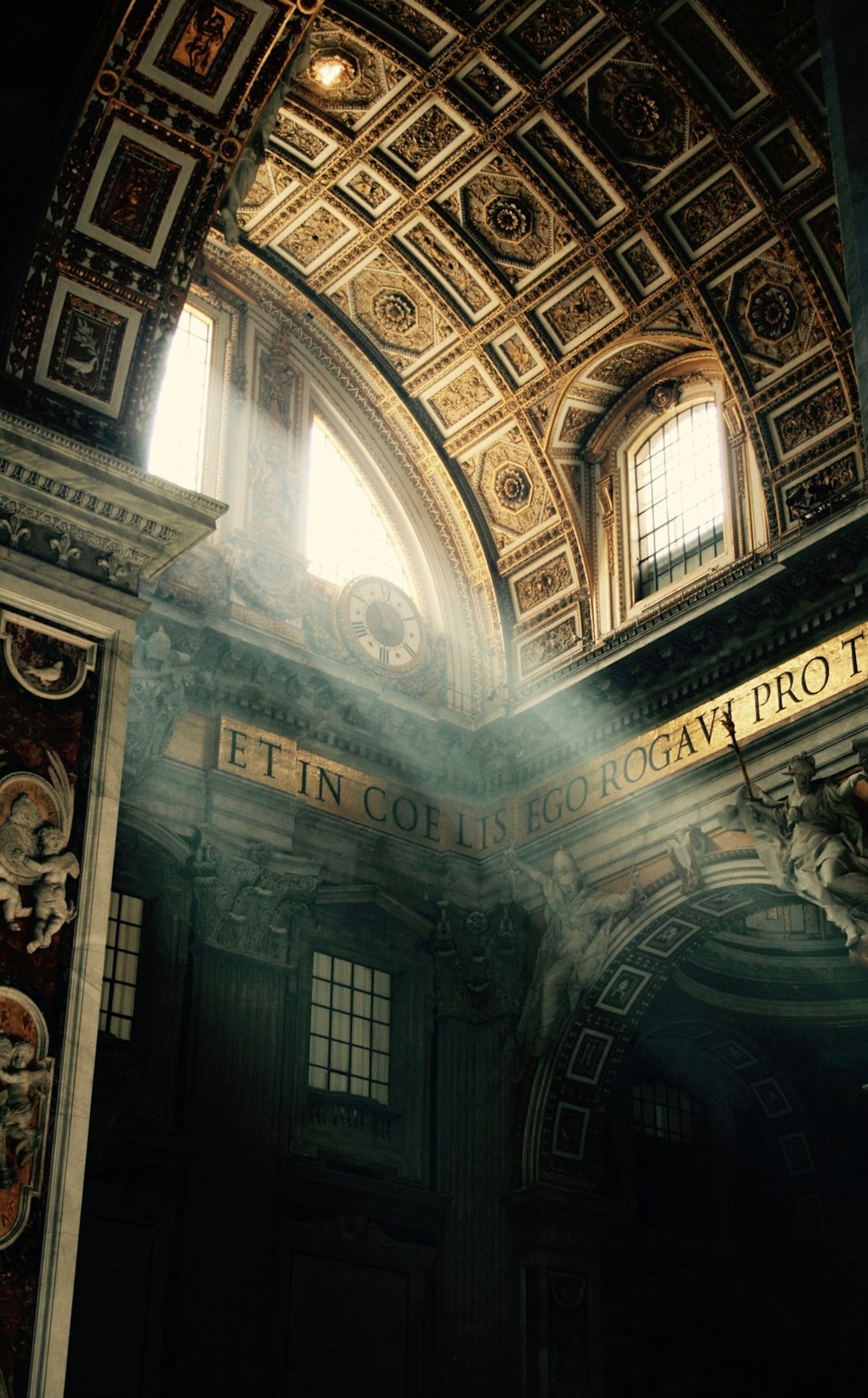In the late 20th century, Pennsylvania faced a severe clergy sexual abuse crisis, leading to significant changes and accountability through high-profile lawsuits against clergy abuse law firms. These cases resulted in substantial settlements for survivors, reformed church policies, and improved protective measures across the state. Notable lawsuits exposed widespread abuse, fostering legal landscapes and awareness that better support victims and strengthen protections. Specialized Pennsylvania clergy abuse law firms play a crucial role in navigating complex laws, securing settlements, and promoting transparency, setting national precedents.
In Pennsylvania, a growing awareness of the devastating impact of clergy sexual abuse has led to a surge in lawsuits against religious institutions. This article delves into the historical context of the state’s clergy abuse crisis, exploring key legal developments and significant cases. We analyze the evolving landscape, recent precedents, and strategies employed by both plaintiffs and defendants. Additionally, we highlight the crucial role of experienced clergy abuse law firms in Pennsylvania, offering guidance to victims seeking justice.
Historical Overview: Pennsylvania's Clergy Abuse Crisis

In the late 20th century, Pennsylvania emerged as a focal point for one of the most significant and devastating crises in the history of the Catholic Church: clergy sexual abuse. Over several decades, numerous allegations surfaced, exposing a disturbing pattern of abusive behavior by priests and religious figures towards minors. This crisis not only shook the state’s religious communities but also sparked widespread public outrage and legal consequences. Many victims bravely came forward to share their stories, providing crucial evidence and testimony against perpetrators and the institutions that enabled their actions.
The response from both the Church and the legal system was initially slow, but as the scope of the problem became clearer, significant changes occurred. A series of high-profile lawsuits against clergy abuse law firms in Pennsylvania led to substantial settlements for survivors, marked a turning point in holding abusers accountable. This period witnessed a concerted effort to reform church policies, improve oversight, and establish better protective measures to prevent future instances of clerical sexual abuse across the state.
Legal Landscape: Suits, Settlements, and Precedents

In the legal landscape of Pennsylvania, clergy abuse lawsuits have been a significant development in holding accountable those who have committed sexual misconduct within religious institutions. Over the years, numerous cases have set precedents and established a path for victims to seek justice. Many of these suits have led to substantial settlements, providing much-needed financial compensation to survivors. The state’s courts have consistently recognized the severity of clergy abuse and its lasting impact on victims, which has fostered a more supportive environment for legal action.
Pennsylvania clergy abuse law firms have played a crucial role in navigating this complex area of law. Their expertise lies in understanding both state and church laws regarding sexual misconduct, enabling them to represent clients effectively. These law firms have been instrumental in securing settlements that not only offer financial relief but also raise awareness about the importance of transparency and accountability within religious organizations. The outcomes of these cases have set a precedent for similar situations across the nation.
Key Cases: Notable Lawsuits and Their Impact

In the context of clergy abuse in Pennsylvania, several notable lawsuits have significantly shaped legal landscapes and brought much-needed attention to this issue. One of the most impactful cases was filed against the Roman Catholic Church by victims who alleged widespread sexual abuse within the diocese. This lawsuit not only exposed the extent of the abuse but also led to substantial settlements for the survivors, setting a precedent for future clergy abuse law firm Pennsylvania cases.
These key cases have spurred further investigations and encouraged more victims to come forward. As a result, many organizations and communities are now better equipped to handle such instances, ensuring that victims receive support and justice. The legal battles have also prompted discussions about institutional liability and the responsibility of religious entities in protecting their congregations, paving the way for stronger protections and policies against clergy abuse.
Recent Developments: Evolving Laws and Strategies

In recent years, the landscape of clergy abuse lawsuits in Pennsylvania has seen significant shifts, driven largely by evolving laws and strategies employed by both plaintiffs and defense attorneys. The state’s statutes of limitations have been a focal point, with amendments aimed at extending the time for victims to come forward. This change has prompted a surge in cases, as survivors who may have previously hesitated to take legal action now find themselves within the new temporal framework.
Meanwhile, clergy abuse law firms in Pennsylvania have adapted their strategies accordingly. They’ve become adept at navigating complex legal terrains, employing innovative approaches to uncover hidden evidence and connect dots that might otherwise remain unconnected. These developments have made it crucial for both victims and accused institutions to seek robust representation from experienced attorneys who specialize in these sensitive matters.
The Role of Attorneys: Navigating Complex Cases in PA

In the complex and sensitive realm of clergy abuse lawsuits in Pennsylvania, attorneys play a pivotal role. They are the navigators, guiding clients through intricate legal landscapes and ensuring their rights are protected. These cases often involve emotional and psychological trauma, making it imperative for lawyers to approach them with compassion while maintaining a high level of professionalism.
A reputable clergy abuse law firm in Pennsylvania is well-versed in state laws and the specific challenges these types of cases present. They employ strategic planning, extensive research, and expert testimony to build robust legal arguments. Furthermore, they facilitate communication between clients and relevant institutions, ensuring every step of the process is handled discreetly and effectively. Such firms are instrumental in bringing justice to victims and holding accountable those who have committed abuse within religious organizations.





